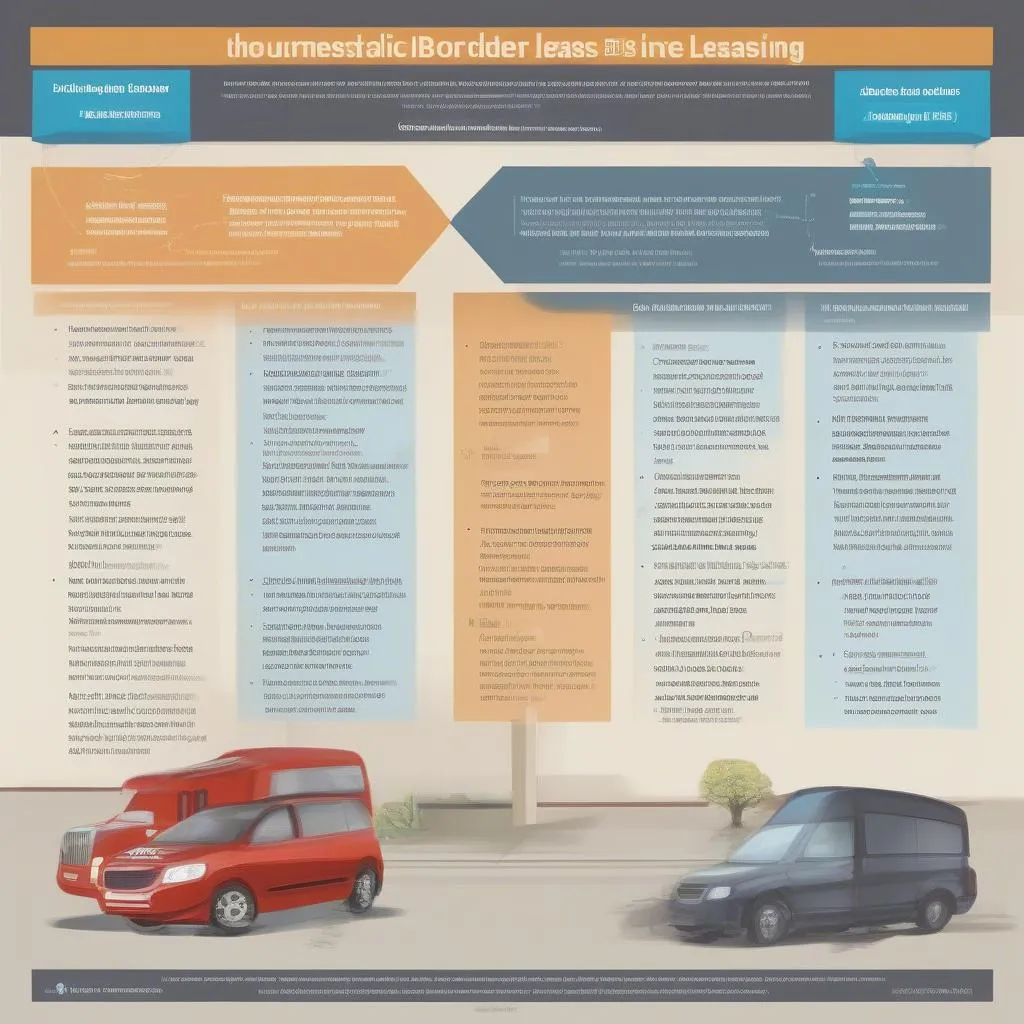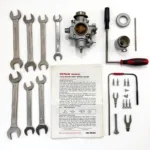Imagine this: you’re driving a brand-new car without the significant financial outlay of a traditional purchase or domestic lease. That’s exactly what cross-border leasing makes possible. For many, this concept initially sounds too good to be true. However, behind cross-border car leasing, also known as EU leasing or import leasing, lies an exciting opportunity to drive your dream car while preserving your financial flexibility.
 Benefits of Cross-Border Car Leasing
Benefits of Cross-Border Car Leasing
But how does cross-border leasing work in detail, and what are its advantages and disadvantages?
Cross-Border Car Leasing: The Explanation
With cross-border leasing, you lease a vehicle not in your home country, but in another EU country. This might sound complicated at first, but it offers several advantages:
- Lower Prices: In some EU countries, vehicle prices and value-added tax (VAT) are lower than in Germany, which translates into attractive leasing rates.
- Wider Vehicle Selection: Sometimes the desired model is available sooner abroad or offered there in special equipment variants.
- Flexibility: Similar to domestic leasing, you benefit from flexible contract terms and mileage allowances.
The Other Side of the Coin: Disadvantages of Cross-Border Car Leasing
Despite the appealing advantages, you should also be aware of the potential disadvantages of cross-border car leasing:
- More Complex Process: The entire process, from finding a provider to registration in Germany, can be more involved than with domestic leasing.
- Language Barriers: Communication with the leasing company and authorities abroad can lead to challenges, especially if you don’t speak the respective local language.
- Legal Differences: Note that with cross-border leasing, the legal framework of the respective country applies.
Is Cross-Border Leasing Right for Me?
Whether cross-border leasing is suitable for you depends on your individual situation and priorities.
Ask yourself:
- How important is a low price to me?
- Am I prepared to deal with the more complex process?
- Do I have the necessary language skills?
 Comparison: Domestic Leasing vs. Cross-Border Leasing
Comparison: Domestic Leasing vs. Cross-Border Leasing
Expert Advice from Thomas Berger:
“Many car owners shy away from cross-border leasing because they fear the legal intricacies. Indeed, there are some points to consider, but with the right advice and preparation, nothing stands in the way of your dream car from abroad.” – Thomas Berger, Specialist Attorney for International Contract Law
What to Consider with Cross-Border Car Leasing:
- Find a Reputable Provider: Research thoroughly and choose a trustworthy leasing company with good reviews.
- Check Contract Terms: Have the contract translated into English beforehand and watch out for hidden costs and clauses.
- Registration in Germany: Inform yourself early about the necessary steps for registering the vehicle in Germany.
Cross-Border Leasing: More Than Just a Low Price
Cross-border leasing offers you the chance to drive your dream car while benefiting from attractive conditions.
Further Questions on Cross-Border Leasing?
- How do I find a reputable provider for cross-border leasing?
- What documents do I need to register my leased vehicle in Germany?
- What insurance do I need for a cross-border leased vehicle?
On autorepairaid.com, you can find more information about cars and mobility.
Conclusion: Cross-Border Leasing – Your Dream Car with the Right Preparation
Although the process can be more complex, cross-border leasing offers attractive opportunities for anyone open to new avenues and wanting to drive their dream car under fair conditions.
Contact us! Our experts at autorepairaid.com are happy to assist you with advice and support.

